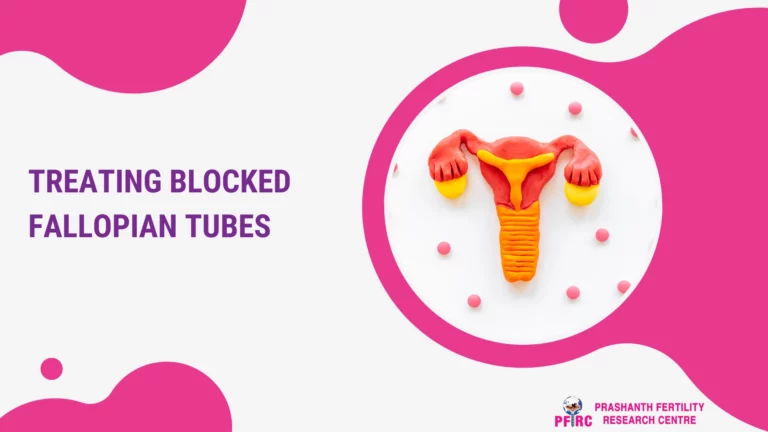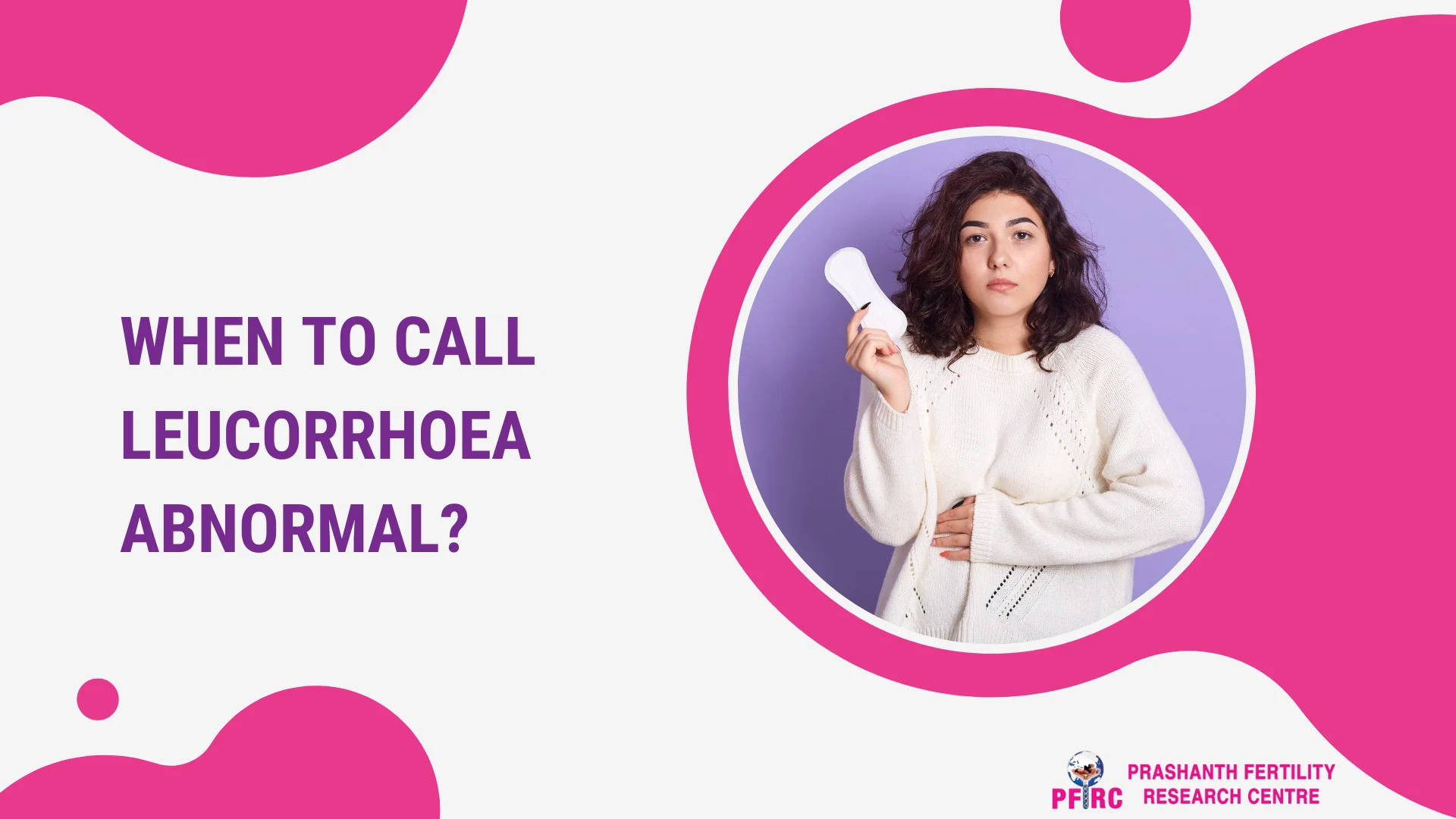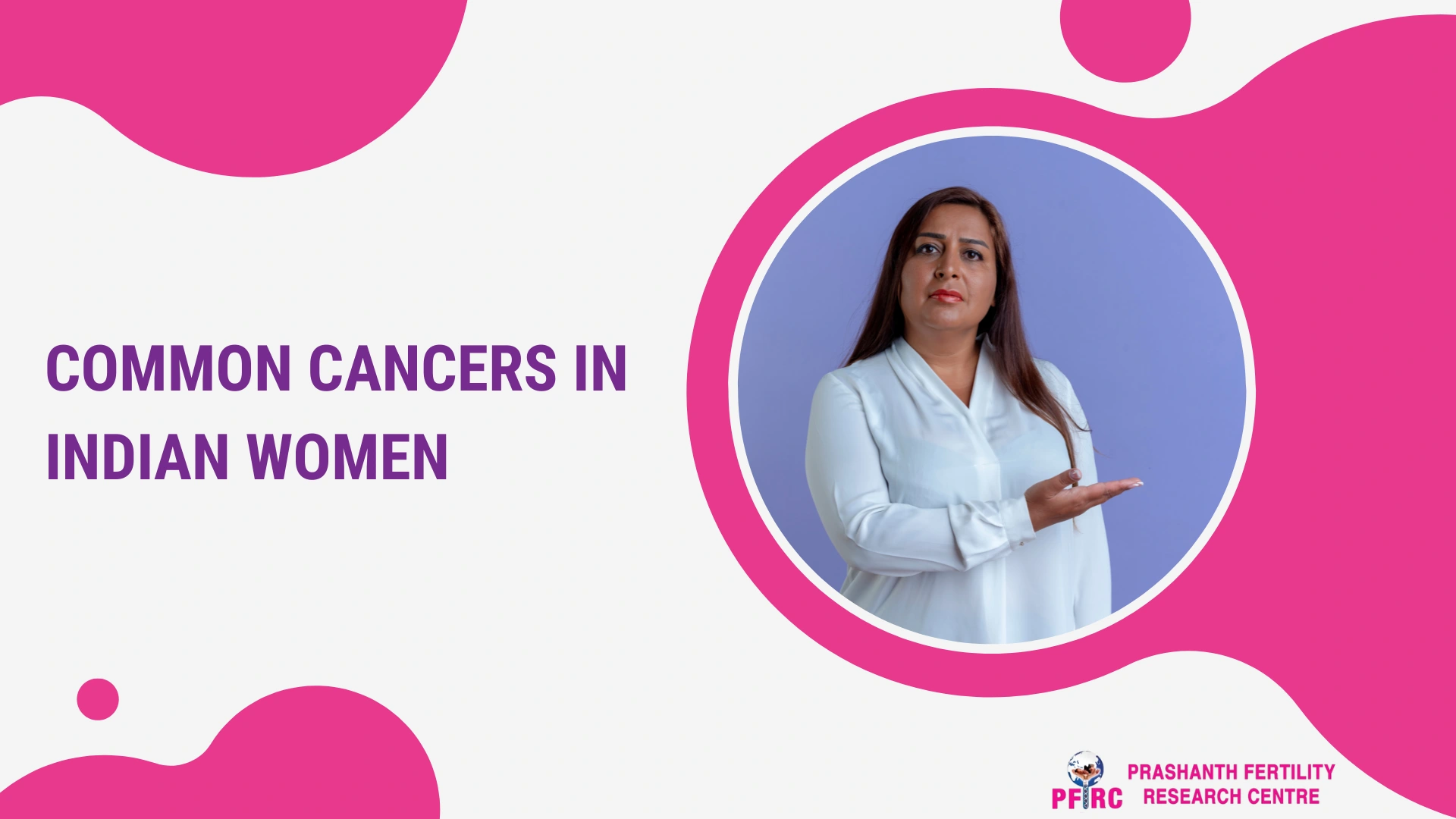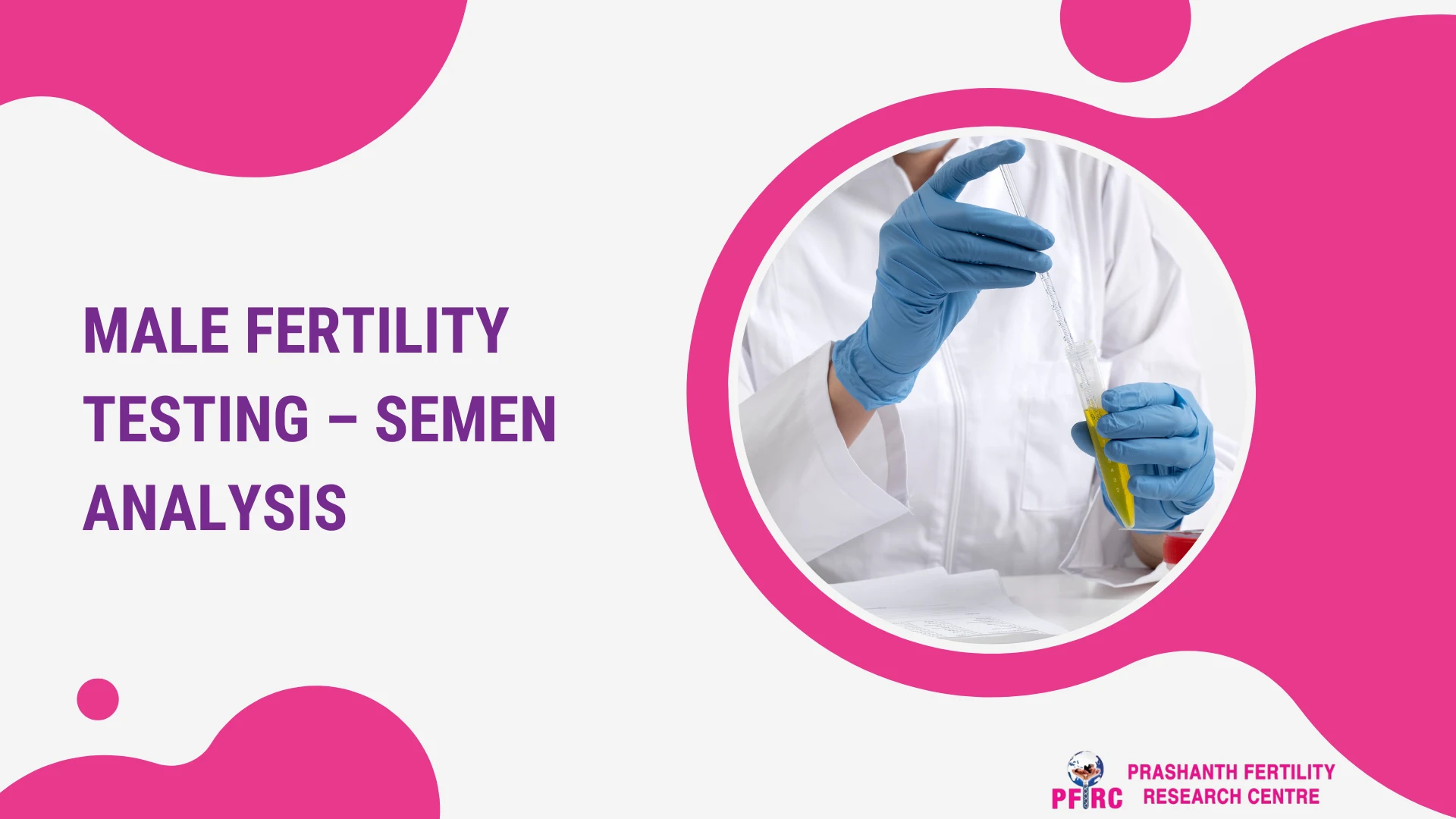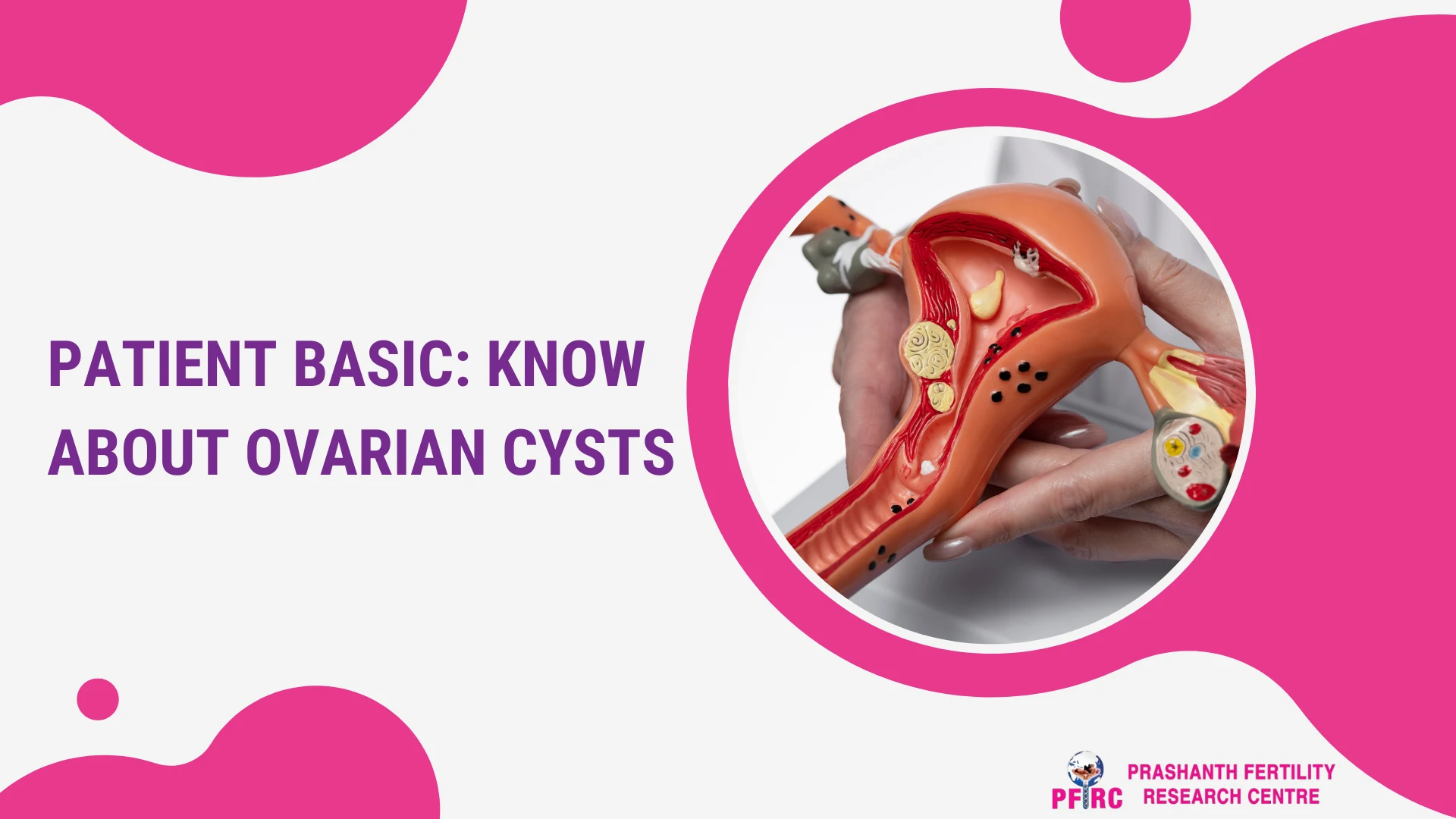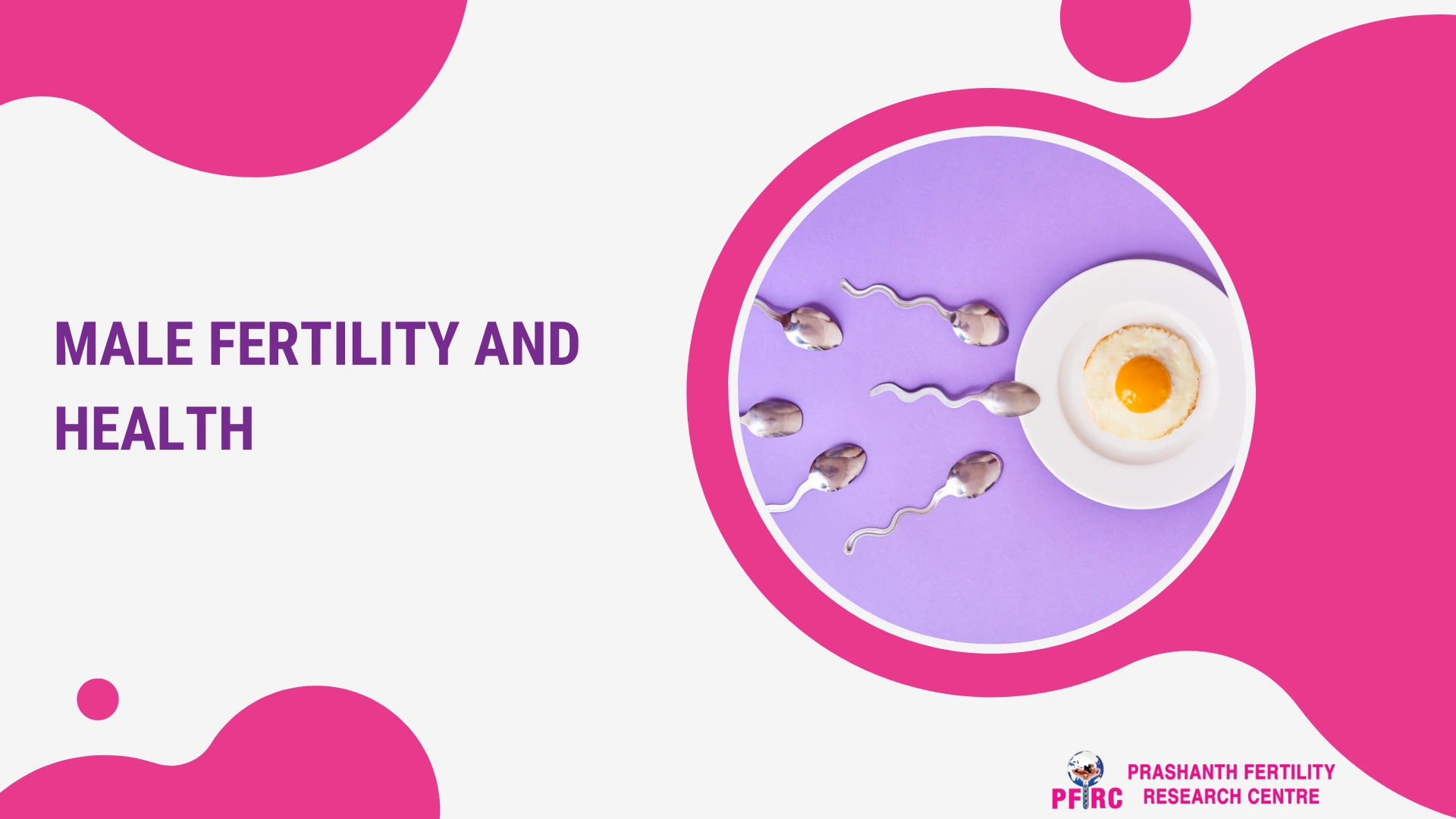Natural conception occurs when a healthy sperm fertilizes a healthy egg in the female body without the intervention of fertility treatment. If a woman’s fallopian tube(s) is blocked, it may prevent the sperm from meeting with the egg. A blocked tube is one of the most common causes of infertility. Determining the best way to treat it is a complex problem that does not have a single, clear answer. Let’s look at the symptoms, causes, how they are diagnosed, and the possibility of pregnancy if you have this condition.
What are the fallopian tubes?
Fallopian tubes connect a woman’s ovaries to the uterus, allowing an egg to travel through the fallopian tubes to the uterus. Fallopian tubes are two thin tubes, one linking to each ovary to help move the mature egg from the ovaries to the uterus. When there is an obstruction in one or both of the tubes, the condition is known as tubal factor infertility. This can occur on one or both tubes.
Symptoms & Causes
Unlike other common gynecological issues, blocked fallopian tubes rarely show any symptoms. Some women may have blocked fallopian tubes their entire life and not experience any symptoms. In some cases, if surgery is ineffective, then IVF may be an effective option. IVF bypasses the need for fertilization to occur in the fallopian tubes by placing an embryo directly into the uterus.
A blockage can occur at various locations:
- At the end of the tube, near where it's connected to the uterus (proximal)
- At the end of the tube, near the ovary (distal)
- The entire tube (severe case)
Causes of blockage and other damage to the fallopian tubes include:
- Pelvic inflammatory disease (PID)
- Other pelvic infections
- Current or history of an STD infection
- Uterine infection
- Endometriosis
- Uterine fibroids
- History of ectopic pregnancy
- Previous surgery involving fallopian tubes
- History of a ruptured appendix
Diagnosing Fallopian Tube Blockage
The test to determine whether the fallopian tubes are open is called a Hysterosalpingogram (HSG). The test is done by a radiologist or gynecologist where dye is placed through the cervix, into the uterus, and out through the tubes. An x-ray is used to see whether the dye is able to travel out through the tubes, showing that they are open.
IVF and Blocked Tubes
IVF may make conception possible for women with blocked fallopian tubes. In fact, IVF was first developed for this exact purpose. Because the eggs are retrieved directly from the ovaries, the fallopian tubes are bypassed altogether. That is why IVF treatment is usually the first option for this type of female infertility. Blocked fallopian tubes prevent natural conception, but in-vitro fertilization (IVF) can bypass the tubes. PFRC is dedicated to helping you come up with a plan to grow your family. If you think you should consult a fertility expert to assess your situation, our experts can help. We take each patient’s individual circumstances into account when planning fertility treatments.

